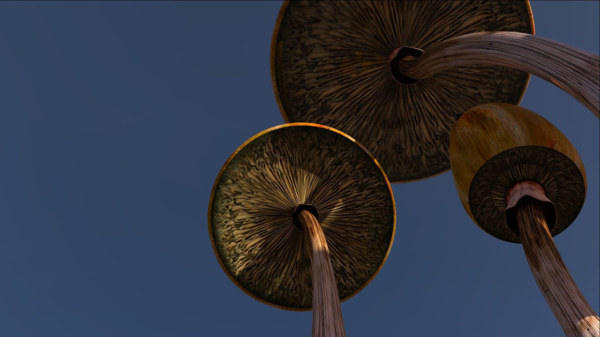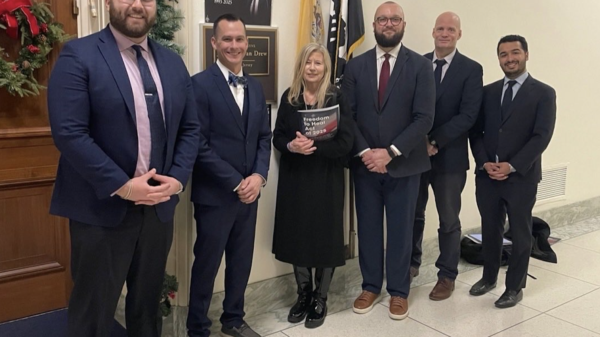Psychedelic drugs have been attracting interest for reasons other than their consciousness-altering psychoactive properties.
A group of British scientists from the University of Birmingham believe that these substances may be the key to treating inflammatory and neurodegenerative diseases with unprecedented efficacy.
This week, they announced that they have coined a term to describe a new class of non-mind altering compounds derived from psychedelics. The researchers are calling them “psychedelic drug informed but psychedelic-experience inactive [PiPi] drugs.”
The scientists explained that psychedelics like 2,5-Dimethoxy-4-iodoamphetamine, psilocybin and ayahuasca have demonstrated the ability to treat inflammatory conditions in animal models. Similar compounds that do not induce a “trip” could be highly beneficial for humans, the scholars believe.
Particularly, in the brain. They think non-psychoactive psychedelics may represent the future of treatment options for conditions like Alzheimer’s, Parkinson’s, schizophrenia and depression.
Despite the fancy name they came up with, the investigators say that extensive studies are still required before medicines of this variety could be mass produced or broadly used.
“There is much research still to be performed,” the authors concluded, “but this is encouraged by the potential therapeutic gains that may be achieved for conditions where clear substantial unmet clinical need remains, including inflammatory and psychiatric disorders.”
Their inquiry into the therapeutic value of these compounds was detailed in the British Journal of Pharmacology on Jul. 28.
“This work highlights a frontier in psychedelic research that could transform how we treat some of the most challenging and persistent diseases of our time,” said lead investigator Nicholas Barnes. “As PiPi drugs move into clinical investigation, we hope their therapeutic potential is translated to deliver benefit to patients.”
Barnes is an expert in the human brain’s serotonin 5-HT2A receptor and the impact psychedelic substances have on it.
Read more: American priest ousted by church for psilocybin advocacy
UC Davis researcher coined a similar term
“Psychoplastogen drugs” is the name that an influential neuroscientist in the psychedelic sector gave these compounds in 2018.
David E. Olson’s focus in his research on trip-free psychedelics has been more concerned with their impact on neuroplasticity than reducing inflammation. But, he has highlighted their potential applications for mental health conditions and substance use disorders as well.
“Such compounds have enormous potential for treating a wide variety of neuropsychiatric diseases including depression, anxiety disorders, and addiction,” he once said.
A psychoplastogen compound developed by Olson’s company, Delix Therapeutics, was recently examined in a clinical trial at the Center for Human Drug Research in the Netherlands. Results were generally positive. DLX-001 is classified as a synthetic small molecule non-dissociative isotryptamine derivative.
Delix and the University of Birmingham are not the only ones who have invested time and resources investigating this topic.
The Johns Hopkins Center for Psychedelic and Consciousness Research, Imperial College London, and UC Berkeley Center for the Science of Psychedelics are other notable research hubs that have studied the implications and theoretic applications of non-psychoactive psychedelics.
Read more: Pharma giant AbbVie to spend over US$1B on Gilgamesh’s lead psychedelic
Follow Rowan Dunne on LinkedIn
rowan@mugglehead.com














